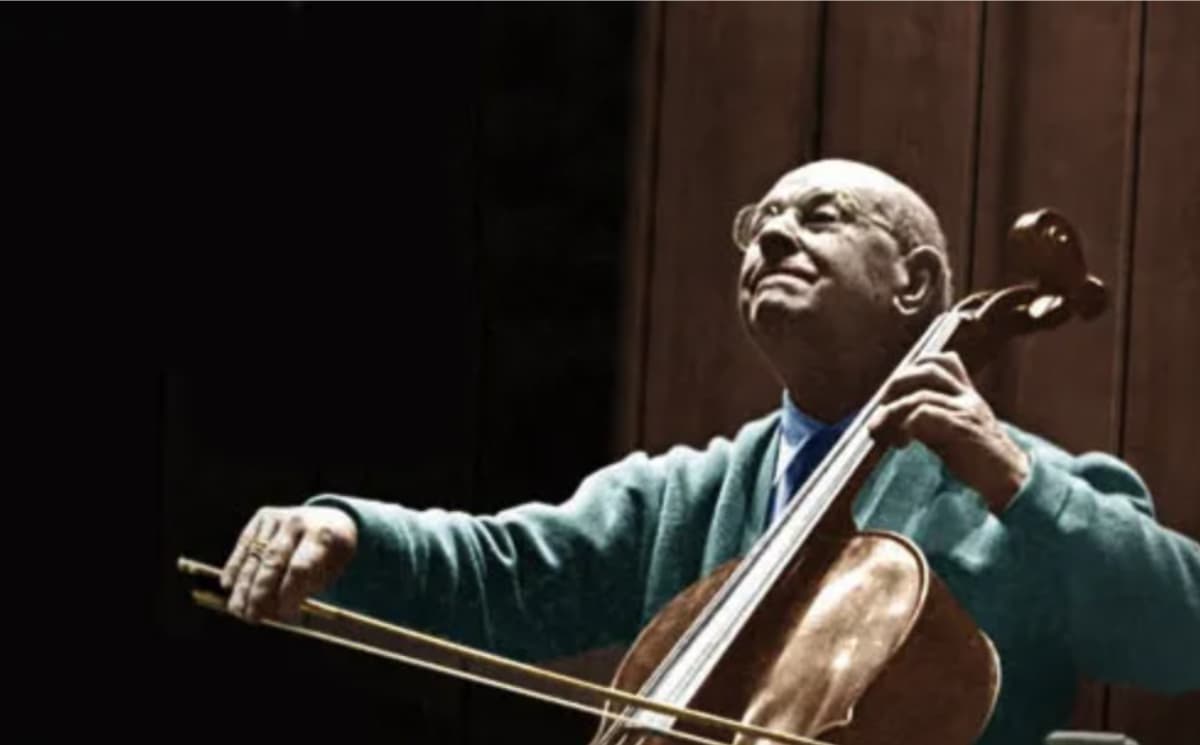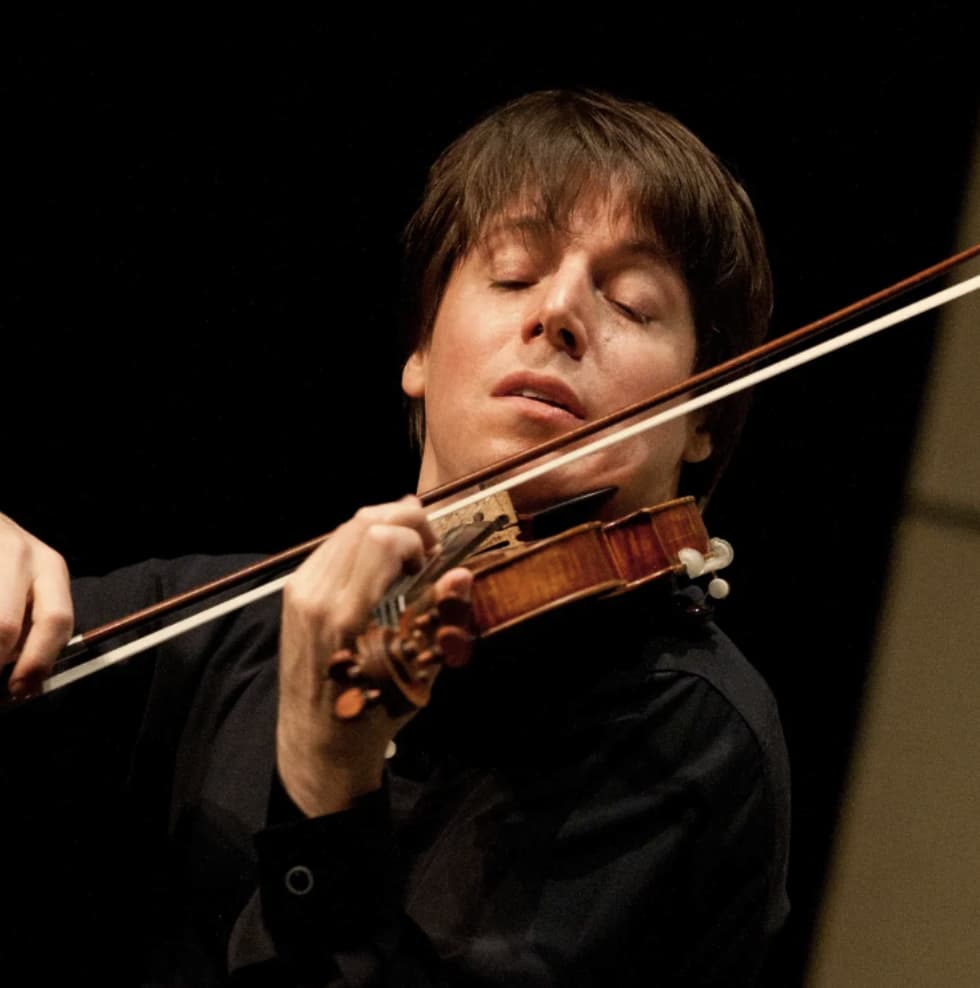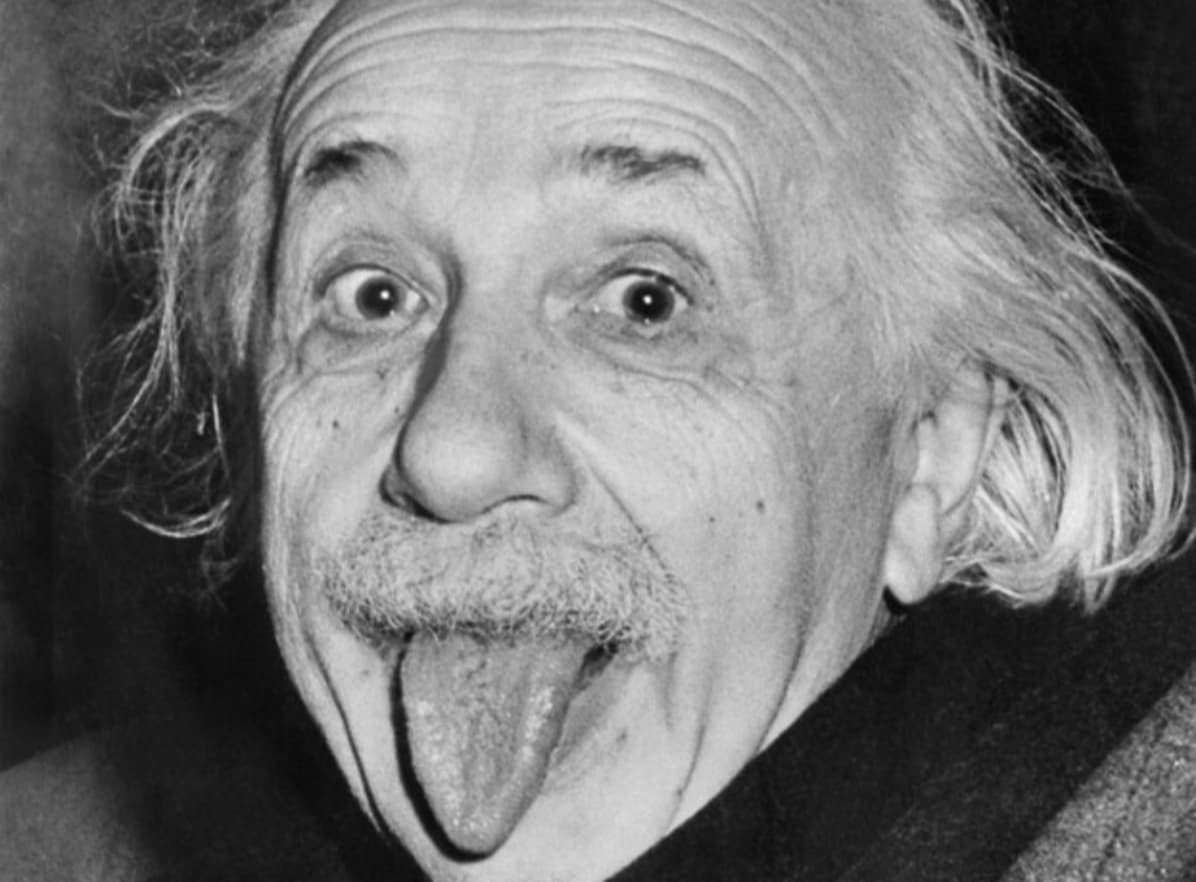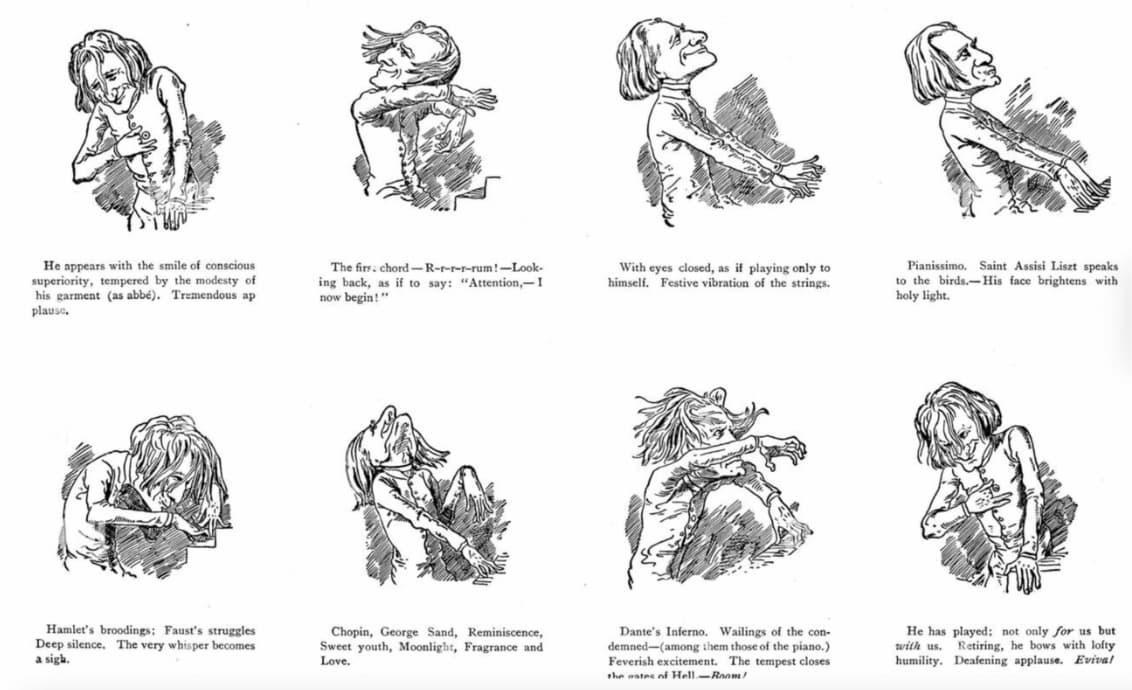Thoughts from a Psychologist and former professional pianist, Heather O’Donnell
In my work as a psychologist specialized in working with performing artists, few topics loom as prominently as performance anxiety. It’s an ubiquitous issue and one that manifests uniquely in each individual musician.
Performance Anxiety can feel like a trickster, a conniver, and shape-shifter. It’s shared by a majority of people in the music industry, but it feels like it’s carried alone by each individual musician, and mostly in seclusion and secrecy. The weight of this anxiety can be overwhelming.
The contributors to performance anxiety may be deep, going back to childhood: experiences with parents, care-givers and teachers. The contributors to performance anxiety may be systemic: musicians working in fields with limited resources and few opportunities for advancement, in which it’s easy to identify with the (unhelpful) maxim: “You’re only as good as your last performance”. The contributors to performance anxiety may even be evolutionary: evoking our ancient and primal fight-flight-freeze instincts. Considering that it took a lot of time, a lot of personal (not to mention evolutionary) history, and a lot of specific inputs from people in your relational circles to contribute to your own personal performance anxiety, it seems disrespectful for me to dispense one-size-fits-all fixes. But I would like to engage in a kind of conversation about the issue.
Meeting Performance Anxiety where it is
One often hears of ‘defeating’ or ‘overcoming’ performance anxiety. I prefer to talk about ‘meeting’ it. It may not be such a helpful goal to want to banish or exile performance anxiety. There are other options: one can befriend it, one can collaborate with it. One can tame it if that seems like a fitting metaphor. Performance Anxiety may be the musicians’ equivalent of Carl Jung’s concept of the Shadow Self:
“Everyone carries a shadow, and the less it is embodied in the individual’s conscious life, the blacker and denser it is.”
Carl Jung

Carl Jung
There is value in becoming curious about the nature of one’s own performance anxiety, so let’s look at ‘the beast’ directly. Dianna T. Kenny, a leading researcher into Music Performance Anxiety (MPA) identifies three expressions of Music Performance Anxiety:
1. Anxiety that matches the high-stakes nature of the musical task and is specifically connected to music performance: a lot is depending on this performance, this audition. You’re going out there and showing the world the years of investment and engagement you’ve put into your art. Of course, you’re nervous, who wouldn’t be?!
2. Performance anxiety that goes along with other forms of social anxiety: you tend to experience anxiety in many situations in which you perceive yourself as being evaluated, judged, and scrutinized by others. This anxiety could find its way into musical performances, but could just as likely be present in public speaking, meeting new people, etc.
3. Performance anxiety that is deeply interwoven with other mental health issues such as depression and panic disorders: here, performance anxiety shows up as one symptom within a web of many psychological and emotional vulnerabilities.
“Nerves and stage fright before playing have never left me throughout the whole of my career. Can you realize that at each of the thousands of concerts I played at, I felt as bad as I did on that first occasion?”
Pablo Casals

Pablo Casals
Performance anxiety puts us directly in contact with the three evolutionary reactions to perceived danger: fight, flight, or freeze. But stress in performance is not the enemy. The world would be a poorer place if musicians treated the stage like a cozy bathtub.
What to do?!
Let’s explore some kinds of things that might be part of a psychological intervention working on debilitating performance anxiety.
I can group them into four categories:
- Cognitive Processes
- Somatic Resources
- Musical Preparation
- Pharmacological interventions
1. Cognitive Work: Reframing, Self-Talk, Engaging with the dreaded Anxiety
Could you imagine that your performance anxiety is not evil with an explicit wish to destroy you? Could you imagine that it is a (probably unconscious) part of you that has been assigned the task of keeping you safe? These are examples of Reframing: Taking unhelpful thought habits and turning them on their heads.
If you were to personify your own Performance Anxiety, what would he/she/it looks like? Is it possible to take it out of wherever it sits (the pit of the stomach, the heart, the throat) and have a talk? What is it trying to save or protect you from? Does it think you’re in danger? Or is it just mean and takes pleasure in watching you trip up and humiliate yourself? What does it need? What does it sound like? Are there any resemblances in the tone of its voice that remind you of anyone (a teacher, a parent)? Getting to know your performance anxiety, sometimes conceived as an inner critic, can turn he/she/it from the Hulk into Baby Yoda.
Exploring self-talk
For many clients, self-talk is their go-to method for addressing the inner critic: They inwardly repeat ‘mantras’ during performances: “I’m good enough”, “I have the right to be here.” Or they might follow a strict code of self-directives: “First do this and then that”, “Smile!”, “Grab that high note!”, “Shoulders down!”. In my experience, these ‘self-talk’-methods taking place during performances are limited in their effectiveness and can often backfire. I believe that the reason for this backfiring may be that one is operating on two contrasting brain systems, pitting thoughts (the “I’m good” or “Do this!” thoughts) against raw emotions (“You rotten loser!!!” or “Get me outta here!!!!” (…if they are even verbal at all and not just blazing emotions)). It’s an unequal match-up between the intellectual prefrontal cortex, and the torch-and-burn amygdala, the deep-seated home of our primordial fears.
Because the primal anxieties are dripping in emotions, it seems that pure thoughts are not up to the task of dissipating or transforming the emotional energy. In this regard, mindfulness practices, preferably engaged in over long periods of time, seem to have more efficacy with emotional regulation in the face of overwhelming emotions. Mindfulness practices can take place on the meditation cushion or in the practice room. At heart, these practices can help us ‘metabolize’ overwhelming emotional content, regain presence in our body when it seems to be galloping off like a wild horse, and hone in on the ‘good stuff’: the flow, the presence, the magical and mysterious aspects of performance that so many describe as ‘the zone’.
“Right before I go on stage, it’s not my favorite moment to tell you the truth, there’s the nerves and anxiety and trying to get into that zone – which inevitably happens once the music starts. Once the music starts and I start playing, I wouldn’t say I become a different person because it’s really getting in touch with who I am, you’re exposing yourself in a very vulnerable way which is I think one of the gifts that you need as a musician.”
Joshua Bell

Joshua Bell
2. Somatic (Body) Resources
Many musicians have experimented with ‘grounding’ during performances when anxiety threatens to overwhelm: locating and deeply sensing the floor, the seat, the contact points. If the anxiety is showing up in the fingers as an uncontrollable tremor, some find that focusing on another part of the body (such as the feet) helps to distract the mind from over-focusing and panicking as a result of the altered physical sensations in the fingers.
It’s important to mention here that performance anxiety shows up first as body sensations that are entirely natural when the sub-conscious body is activating itself for exceptional situations (i.e. playing a concert or fighting a saber-tooth tiger). After the body ‘activates’, we then tend to evaluate the physical sensations as something negative and disruptive, and that’s usually where the problem starts. It’s really just ‘activation’ (something physical) that’s happening, not ‘derailing’, sabotaging’, or ‘destroying’ (negative evaluations of the neutral sensations).
Hyper-focusing on, and negatively evaluating, the altered physical sensations, such as shaking, sweating, and a racing heart, can be a large part of the problem. The over-active mind can be assisted by the body to ground itself, taking the lightning bolts of nervousness and putting them into the ground, where they might even be able to provide some good performance energy.
Sometimes performance anxiety isn’t really anxiety at all but is rather your body stating (shouting) that it’s not feeling supported. Sometimes working with technique coaches can do wonders for developing more of a sense of groundedness. Some musicians have found that somatic practices such as Feldenkrais Method, Alexander Technique, Body-Mapping, Yoga, Qi Gong, and many other wonderful body-based practices help them to alleviate their performance anxiety.
3. Musical Preparation
Often, performance anxiety is a way for your subconscious to let you know that it doesn’t feel really prepared, that it hasn’t really integrated the music in a holistic way. Especially for those who perform from memory, you might be engaging in one form of memory, but neglecting another. There are so many ways to absorb music from the page into the body: through the physical (muscle) memory, through audiation (inwardly hearing the music), through a deep understanding of the compositional framework (thinking like a composer), through visualization of the score, through mnemonic practices. We tend to get into ruts in our practicing and repeat the same things over and over ad nauseum.
“The definition of insanity is doing the same thing over and over again, but expecting different results.”
Albert Einstein

Albert Einstein
All musicians should cultivate improvisation skills, which not only provide a freshness and spontaneity to the musical process but give the performer skills to get back ‘home’ when they’ve gone off track.
The American pianist Amy Fay wrote in her memoir about hearing Franz Liszt play in the 1870s:
“Liszt sometimes strikes wrong notes when he plays, but it does not trouble him in the least. On the contrary, he rather enjoys it… It always amuses him instead of disconcerting him when he comes down squarely wrong, as it affords him an opportunity of displaying his ingenuity and giving things such a turn that the false note will appear simply a key leading to new and unexpected beauties.”

Franz Liszt
4. Pharmacological Interventions
Most musicians know about beta-blockers, the adrenaline-blocking pills that were originally intended to only be prescribed to people with heart conditions and high blood pressure.
It seems to me that the music industry has become much too dependent on beta-blockers. I certainly have no issue with suffering musicians turning to pharmacological solutions when anxieties significantly disrupt their lives. There should indeed be no sense of shame for those musicians who suffer from anxiety disorders getting help from these pills. They can be helpful and enable musicians a path to regain their musical expression.
But when so many musicians are completely dependent for their livelihoods on drugs, there’s a problem with the system. When drugs are the first and only go-to intervention for addressing a problem, there’s a problem with the system.
Beta-blockers used to be a taboo subject for musicians. In the past 20 or so years, their usage in alleviating performance anxiety has become so widespread that I hear of teachers applying pressure on students in conservatories to take them in order to snag the audition. While beta-blockers, similar to anti-depressants, can be a lifesaver for those with severe anxiety disorders, there is a potential downside. Many musicians describe difficulties with rhythmic control and a flattening of emotional engagement when taking the medications. Singers and wind players should be careful in using these medications because of a decreased ability to exert the respiratory system.
The reason I’m addressing this is not only because of the health issues but also because of the systemic and cultural messages inherent in the industry’s dependance on beta-blockers.
Increased dependance on anxiety-controlling substances creates an industry message: Missteps are not to be tolerated; Sterile perfectionism enjoys a higher value than spontaneous exploration; The industry wants more technical precision than heart-filled engagement (beta-blockers literally inhibit the heart, causing it to beat more slowly and less forcefully).
Please know that my intention here is not to shame anyone, but rather to send out a gentle warning. Please don’t use these substances without being in contact with trusted doctors to explore the benefits and drawbacks from such pharmacological interventions, and please, please, also explore other, non-pharmacological, ways of engaging with the issue of performance anxiety.
In conclusion, coming to terms with performance anxiety needs a comprehensive, nuanced approach that acknowledges its multifaceted origins and individual manifestations. By embracing vulnerability, exploring diverse strategies, and fostering a culture of holistic well-being, musicians can navigate performance anxiety with resilience and authenticity.
I leave with an appeal to become more curious and investigative about your own performance anxieties rather than to spend a lot of energy shunning or exiling them, as challenging as the process may be. You should know that you are in excellent company:
“God knows how I can begin to control the anxiety that is attacking me … Though I am often so nervous from one piece to the next, I cannot make the decision to play from the music; it always seems to me that it is almost as though my wings were clipped – and yet they still retain some buoyancy – more for art than for life, which never ceases to bring me new trials.”
Clara Schumann

Clara Schumann
Heather O’Donnell is a psychologist, artistic-systemic therapist (DGSF), founding director of TGR The Green Room, and a former professional pianist.

Heather O’Donnell
Schumann’s Fantasie Op. 17
For more of the best in classical music, sign up for our E-Newsletter




